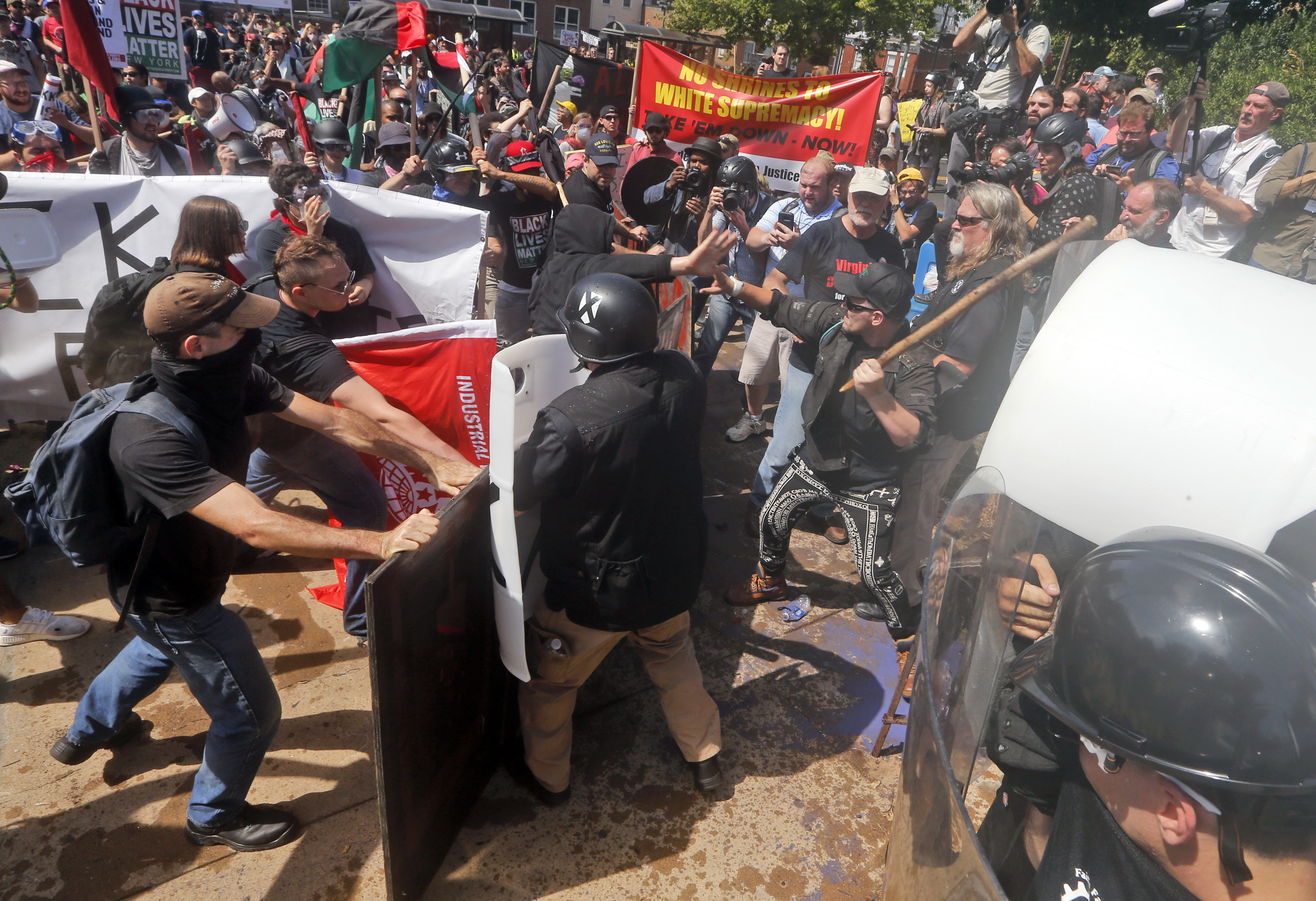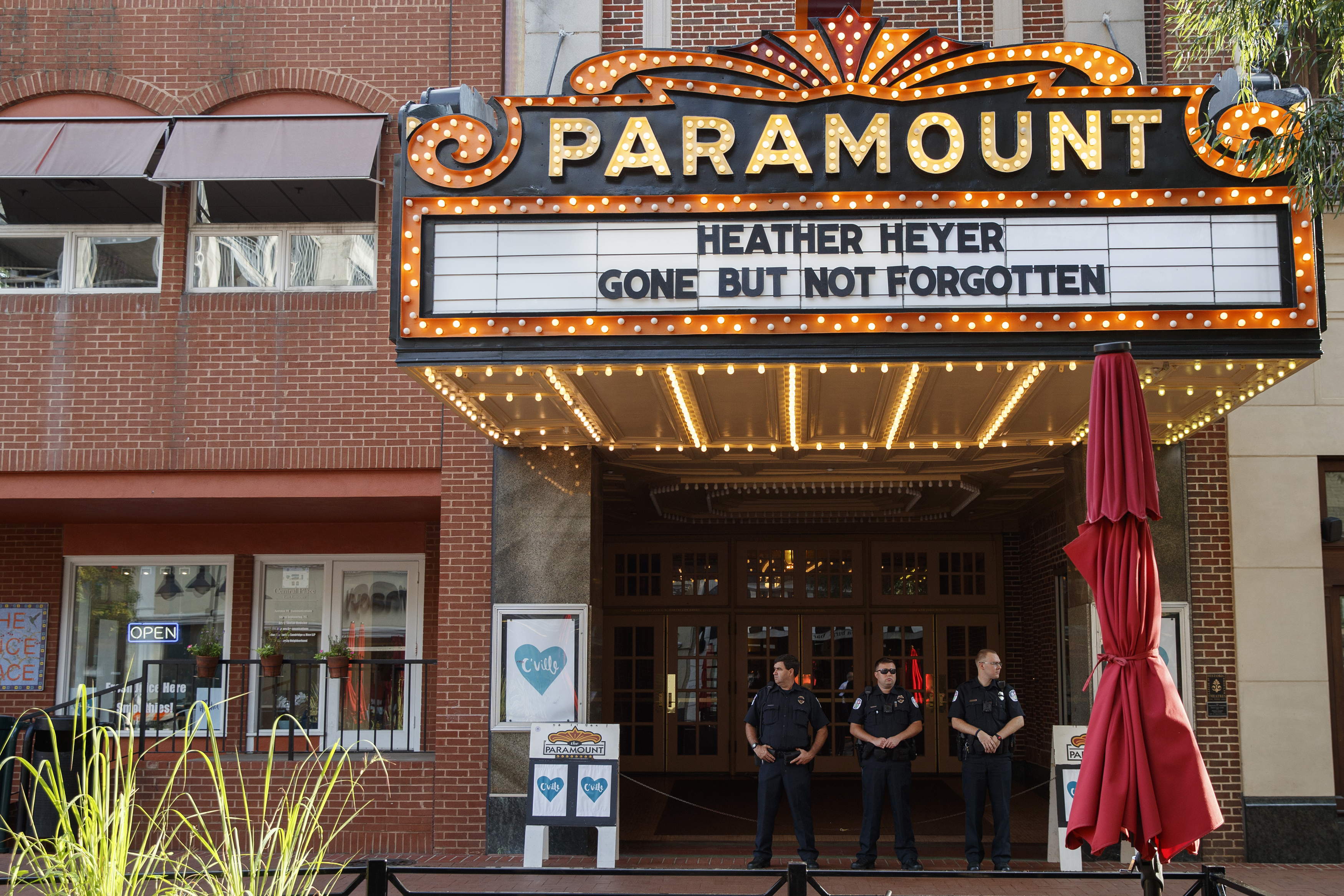Bluefield, West Virginia was built on the back of the coal boom of the late 19th century, one that would fuel the Industrial Revolution and power America through two World Wars. As a major hub for the Norfolk & Western Railway, it was one of the first cities in the United States with a signature skyline and was referred to as a smaller version of New York or Chicago in the early part of the 20th century. It was a city whose fortune was deeply intertwined with the rise and decline, for better or worse.
It was sometime before 6 a.m. when the first pieces of the old bank began to spill into the street, block upon block strewn across Bland Street. Standing for over a century as the oldest brownstone south of Charleston, the demise Old People’s Bank was upon us.
Fourteen months later, a similar fate would befall two more historic buildings in downtown Bluefield. The once prominent Matz Hotel would collapse on February 27, 2009, destroying the adjacent Colonial Theater along with it. The theater had been in disrepair for decades, the likes of James Dean and Elizabeth Taylor once gracing its glowing marquee. Despite the decay, a sense of beauty persisted and perhaps reclamation.
Our history began eroding long before but now, now it was collapsing.
Crushed beneath a wave of neglect.
The idea for a film about Bluefield was set in motion by this series of events. It grew from a sense of frustration and anger, primarily directed at the city of Bluefield in that moment. In hindsight, I realize that we were all to blame — the city, our community and even myself. How many times had I truly appreciated either of those buildings while they were standing? What efforts had I undertaken to ensure their preservation? It is true that often times you cannot fully appreciate something until it is gone.
Many years passed, opportunities arose and I relocated to North Carolina. Bluefield was never far from my mind though, nor was the idea for a film project about it. I would hear from my friends and family who still lived there about how the economy was continuing to decline and which businesses were closing their doors. I felt compelled to do something and as much as I wanted to move forward with the film, the idea wasn’t fully formed in my mind yet. I wanted to create something worthy of Bluefield’s story.
That changed in January 2016 when I found the clarity of vision that I sought. I attribute this to a variety of factors – the passage of time, my growth as a filmmaker, and new tools which gave me the ability to capture Bluefield on a grand scale that I had never thought possible.
Through a combination of documentary and experimental film, the audience is immersed in the story of Bluefield, West Virginia with an equal emphasis on visual and audio elements. It is my intention to give the experience of being there to those who have never been and for those who have, I hope this film will allow them to see the community and our history from a different perspective. The immersive nature of this film makes it especially important to experience in a theatrical environment rather than on a smaller screen.
The national focus on West Virginia and Appalachia has intensified in last year with countless dissections of the 2016 presidential election and the region’s role in the outcome, in addition to the ongoing debate about the future of the coal industry. We have always allowed those from outside of our communities and the region to tell our stories to the world. It is more important than ever that we take this opportunity to not only tell our own stories but realize what a rich and vibrant history we have. We have an obligation and responsibility to write and shape our own narratives rather than allow the outside world to dictate who we are as a people and a region. No one knows our stories better than we do and, therefore, we must be the ones to tell them.
Christopher D. Lusk (@luskc) is a filmmaker and native of Bluefield, West Virginia. He currently resides in Raleigh, North Carolina, where the focus of his work has included documentary, experimental and independent films.



